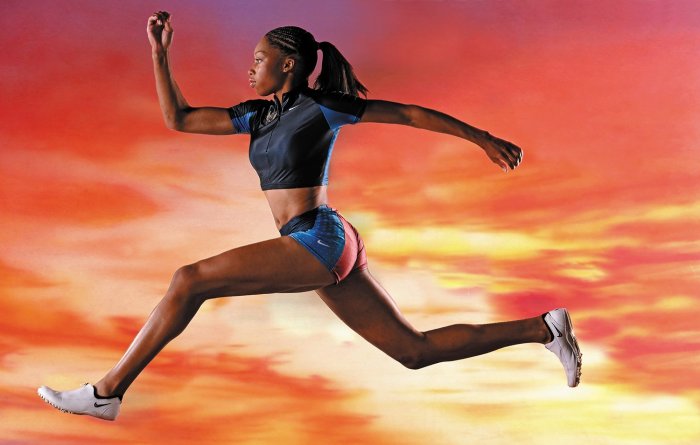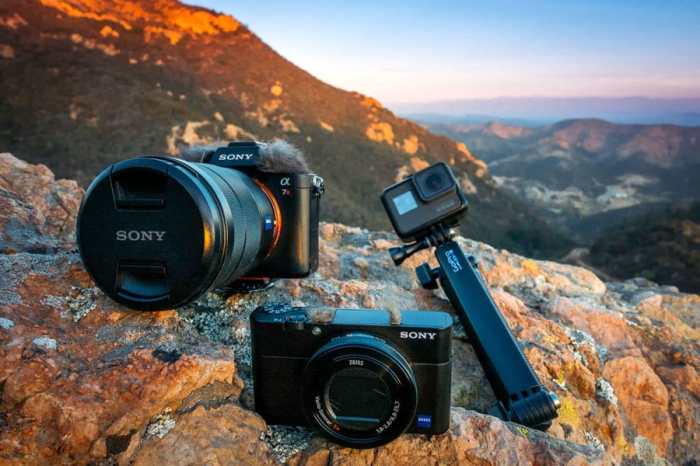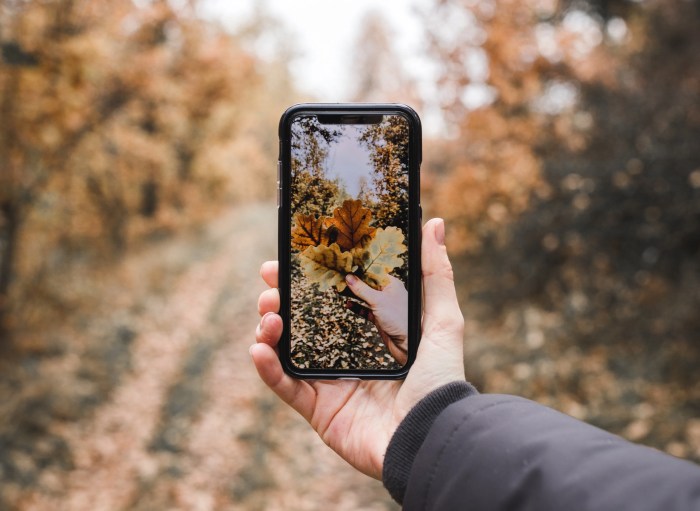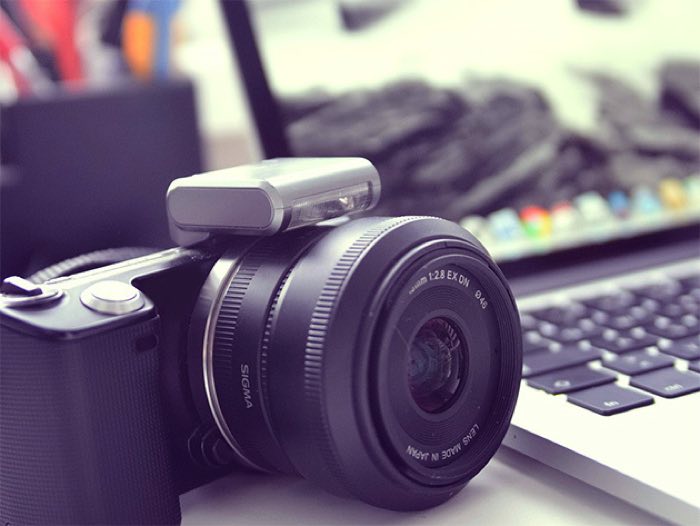Embark on an illuminating journey with the pro with digital photography crossword, a comprehensive guide that unravels the secrets of professional digital photography. Discover the advanced techniques, essential equipment, and post-processing methods employed by seasoned photographers to capture stunning images.
Delve into the intricacies of composition, lighting, and post-processing, unlocking the power to transform ordinary shots into extraordinary masterpieces. Master the art of storytelling through photography, and elevate your skills to new heights.
Professional Photography Skills

Professional digital photography requires advanced technical skills, including:
-
-*Camera mastery
Understanding camera settings, exposure control, and lens selection.
-*Lighting techniques
Controlling natural and artificial light to create desired effects.
-*Composition techniques
Arranging elements within a frame to create visually appealing and meaningful images.
-*Post-processing techniques
Using software to enhance images, correct imperfections, and adjust colors.
Specialized techniques include:
-
-*HDR photography
Capturing multiple exposures to create images with extended dynamic range.
-*Long exposure photography
Using slow shutter speeds to create motion blur or capture star trails.
-*Macro photography
Capturing close-up images of small subjects, revealing intricate details.
Equipment and Gear for Professional Digital Photography

Camera Types:| Type | Features | Benefits ||—|—|—|| Full-frame | Large sensor, high image quality, low-light performance | Professional-grade results || APS-C | Smaller sensor, lower image quality, more affordable | Ideal for enthusiasts and hobbyists || Micro Four-Thirds | Smallest sensor, compact size, affordable | Suitable for travel and street photography |Essential Lenses:
-
-*Wide-angle lenses
Capture wide scenes, landscapes, and interiors.
-*Standard lenses
All-purpose lenses, ideal for general photography.
-*Telephoto lenses
Magnify distant subjects, isolate details, and create bokeh.
Lighting Equipment:
-
-*Flashes
Provide additional illumination for low-light conditions.
-*Reflectors
Bounce light to fill shadows and create highlights.
-*Diffusers
Soften and spread light for even illumination.
Accessories:
-
-*Tripods
Stabilize cameras for sharp images.
-*Filters
Modify light, reduce glare, or enhance specific colors.
-*Memory cards
Store captured images.
Editing and Post-Processing Techniques

Professional photographers use software like Adobe Photoshop and Lightroom for:
-
-*Color correction
Adjusting colors to match the desired look.
-*Exposure adjustment
Brightening or darkening images to achieve proper exposure.
-*Retouching
Removing blemishes, imperfections, and unwanted elements.
Step-by-step guide for common editing tasks:
-
-*Color correction
Use the color balance or curves tools to adjust hues, saturation, and brightness.
-*Exposure adjustment
Adjust the histogram or use the exposure slider to control overall brightness.
-*Retouching
Use the healing brush or clone stamp tool to remove unwanted elements or smooth imperfections.
Ethical considerations:
- Maintain the integrity of the image and avoid misleading edits.
- Use post-processing to enhance the image, not to alter its meaning.
Business and Marketing for Professional Photographers: Pro With Digital Photography Crossword

Successful professional photographers employ business strategies and marketing techniques, including:
-
-*Building a strong brand
Establishing a recognizable identity through logos, branding, and consistent messaging.
-*Attracting clients
Networking, online presence, and social media marketing to reach potential customers.
-*Pricing services
Determining appropriate rates based on skill, experience, and market demand.
Tips for success:
-
-*Networking
Attend industry events, join professional organizations, and connect with potential clients.
-*Online presence
Create a professional website, maintain active social media accounts, and optimize for search engines.
-*Social media marketing
Engage with followers, showcase work, and promote services through social media platforms.
FAQ Corner
What are the key differences between professional and amateur digital photography?
Professional photographers possess advanced technical skills, specialized equipment, and a deep understanding of composition, lighting, and post-processing techniques.
What are the essential lenses for professional digital photography?
Wide-angle, standard, telephoto, and macro lenses are essential for capturing a wide range of subjects and perspectives.
What software is used by professional photographers for image editing?
Adobe Photoshop and Lightroom are industry-standard software for professional image editing and post-processing.